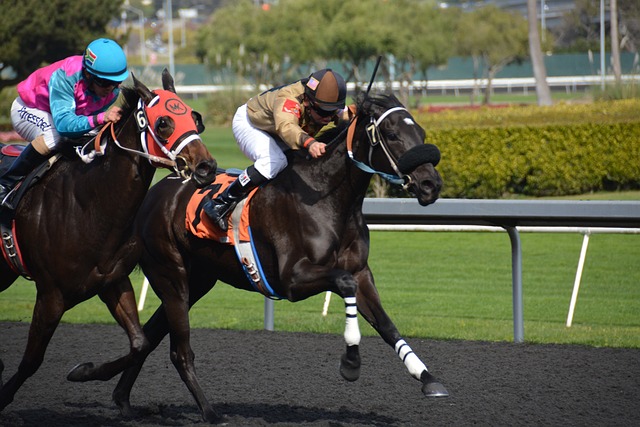In-play, in-running, or live Betting is betting while the event occurs. For example, placing a bet on a horserace while the race is being run or on a football match while it is being played. This type of Betting is most commonly seen at sporting events. In-play Betting is online. You make bets using a betting exchange or a traditional bookmaker’s website or app, such as IviBet. Yet, it can also occur in betting shops or over the phone.
Risks of Offering In-Play Betting
It raises many issues that could affect the licensing goals. This is especially true for in-play Betting, which is also online.
Risks of Offering in-Play Betting
In-play Betting raises many issues, especially for online Betting. These issues could impact the licensing objectives.
This matter can be divided into two primary areas:
- Please bear in mind this text: Preserving the integrity of the Betting and the subject matter of the wagers.
- Please remember the statement: “Promoting equity and transparency in the betting industry.”
The Integrity of the Sport
There is more potential for people to exploit in-play Betting. They do so illegally for their benefit. So, maintaining integrity in sports betting is part of our ongoing work.
All betting operators must be licensed. They must have policies to manage the risks of in-play Betting. These activities should be kept under observation and regularly evaluated to ensure their effectiveness.
Fairness and Openness of In-Play Betting

In-play Betting is fast-paced, with prices updated based on new information and liabilities.
Accurate, timely information is crucial for operators and customers to stay competitive. Operators rely on real-time sports data companies for instant event updates.
Companies use this data to:
- revise their prices
- suspend markets, and
- settle bets accurately.
Customers will seek access to real-time data and leverage various technological benefits.These include access to live pictures and fast software. The software also allows quick online Betting.
Access to Real-Time Data and Live Pictures
People who attend a sporting event have the best and latest event info.
Others may watch events in other ways. They might do so in a betting shop, on television, or through online streams with official rights.
The time for something to display on the broadcast is called latency. It varies with the real time of the event. For example, fans at a stadium see a live goal before fans watch the exact match online at home. The delay is for those not watching in real-time. It creates a potential inequality for the parties in an in-play bet.
Computer Software Programs and Online Connectivity Speeds
Computer software programs and online connectivity speeds can achieve technological advantages. Both can impact the speed at which a bettor can place a bet. This particular edge is commonly evident on betting exchanges.
Time Delays in Bet Processing
Betting operators add a short delay between placing and confirming a bet. This delay ensures the odds are right for the event’s progress.
Sportsbooks use delays to fix their prices. Betting exchanges use delays to protect bettors.
The length of the delay varies by operator, event, and data source latency.
Cash-out
Bettors who use the ‘cash out’ option wait after pressing the button. They await confirmation of the transaction.
Cash-out lets bettors get money back before an event ends. Offers can change, especially in the final stages of a game.
Betting operators must give clear terms for cash-out options. These include when cash-out is available, when bets are accepted, and when bets are settled.
Risk of harm from in-play

Our Licence Conditions and Codes of Practice include a social responsibility code. It is under provision 3.4 – Customer Interaction. It requires licensees to do the following.
Licensees are required to establish and maintain policies that:
- Identify the types of behavior that may trigger a problem gambling incident.
- There is a provision to identify at-risk bettors. It’s possible that they won’t display obvious indicators of problem gambling.For example, indicators such as time or money spent.
- Give the licensee the ability to interact with any bettor. They suspect the bettor may be at risk of harm from gambling.
Conclusion
In-play Betting offers exciting opportunities but comes with significant risks and challenges. To keep this fast activity fair and safe, we need strict rules and real-time data. We also need careful monitoring. Responsible gambling is key. It protects bettors and ensures Betting remains fair.
